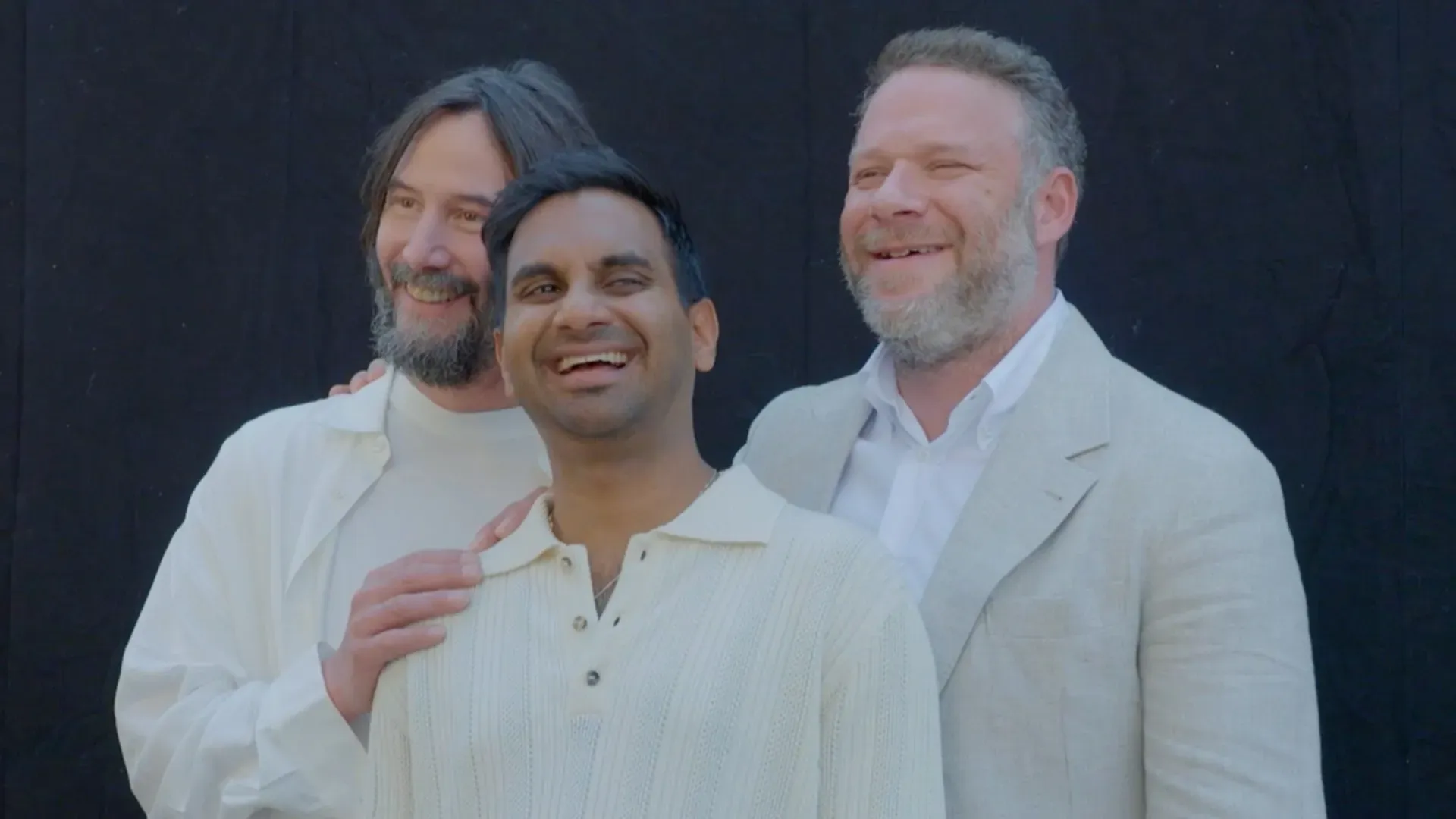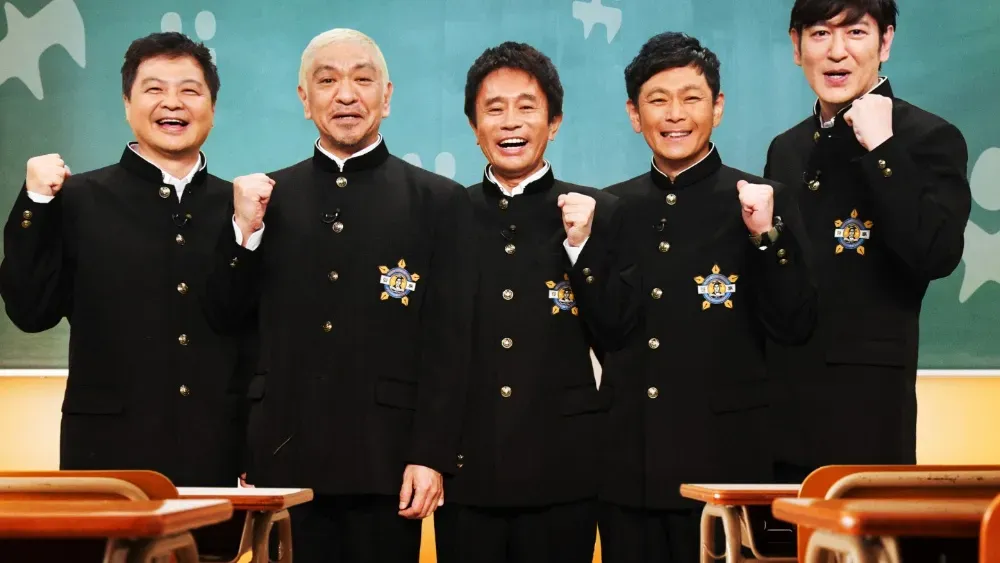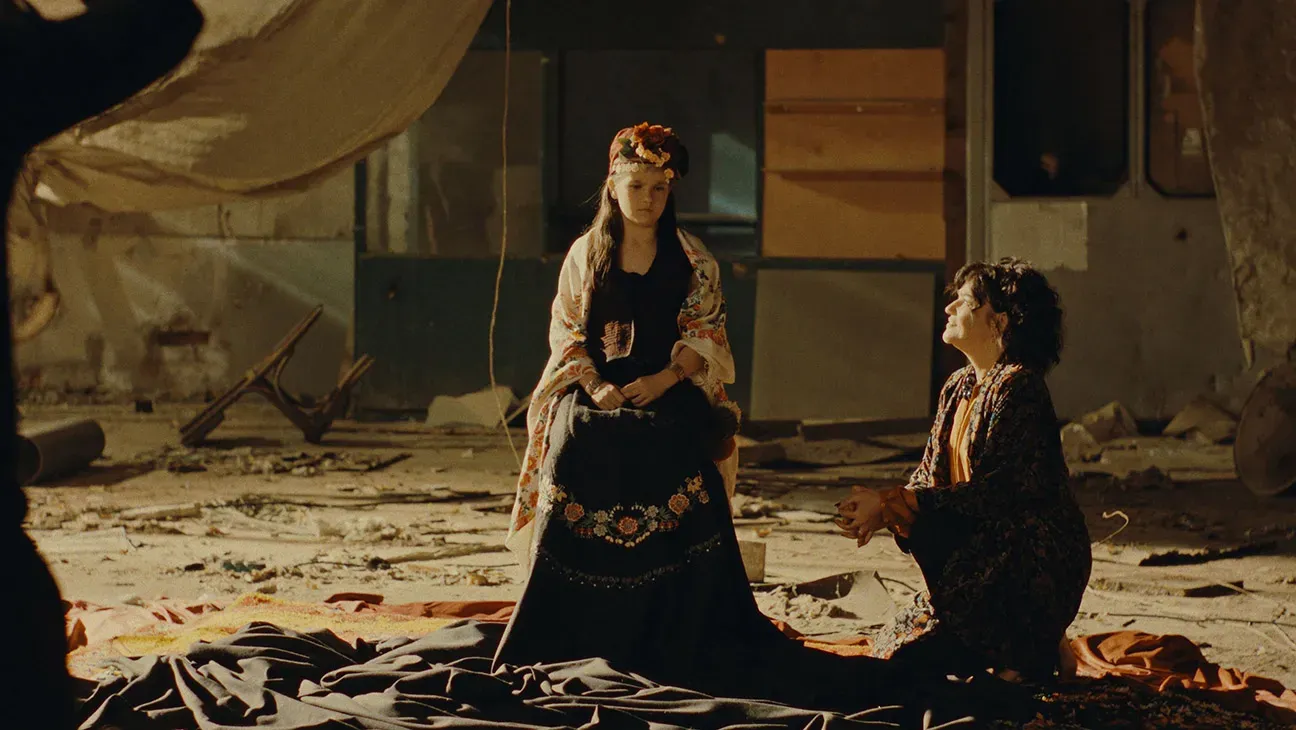
Keanu Reeves' Ethereal act in Aziz Ansari's Directing Debut, "Good Fortune"
- Sep 27, 2025
Aziz Ansari has roped in Keanu Reeves to play an angel named Gabriel in his directorial debut, "Good Fortune," subtly creating a vaguely comical reincarnation of Nicolas Cage's character from "City of Angels." No doubt an amusing concept for the older generation, though possibly lost on Gen Z who might not be familiar with "City of Angels," a remake of the late-'90s classic “Wings of Desire.”
Ansari himself plays Arj, a struggling gig worker in Los Angeles, finding it challenging to meet ends while fostering secret feelings for his co-worker, Elena, played by Keke Palmer. His tough life catches the attention of Gabriel, who doesn't quite enjoy his basic angel tasks of preventing LA’s population from texting while driving.
Sandra Oh, playing Gabriel's boss, advises against interfering in human lives. Still, Gabriel, characterized by Reeves with a vacant expression reminiscent of his role in "Bill and Ted's Excellent Adventure," proceeds to help Arj. He offers Arj a chance to swap lives with Jeff (Seth Rogen), a tech mogul who Arj bumped into earlier.
However, the twist comes when Arj refuses to return to his old life. The predicament baffles Gabriel but provides excellent comic elements in the movie, with Reeves' comically perplexed character stealing the show.

While the angel motif might seem a bit worn out, Ansari uses it cleverly to critique contemporary capitalism and the struggles of the working class juggling various odd jobs to stay afloat. The movie resonates with the trials of ordinary people, a perspective not often portrayed by celebrity filmmakers.
The movie skirts around the exact rules of the life swap between Arj and Jeff, presenting a Scrooge-like character transformation for the latter. Nevertheless, the narrative lacks a persuasive reason for Arj to want to renew his previous life, despite Palmer's appealingly hardworking character.
"Good Fortune" runs through various acting styles from Rogen's exaggerated display of privilege to Ansari's self-conscious Arj. Reeves' angel, Gabriel, meanwhile, discovers mundane human pleasures like cigarettes, dancing, and "chicken nuggies."
Although the film's direction is somewhat predictable, Ansari's path to the conclusion is unexpected. The writer, director, and actor manages to juggle numerous roles, an effort that somewhat mirrors the working-class struggles portrayed in the movie. Despite a few irregularities in the narrative, Ansari's ability to connect with the experiences of overworked, underpaid Americans makes his film relevant in the current scenario.







